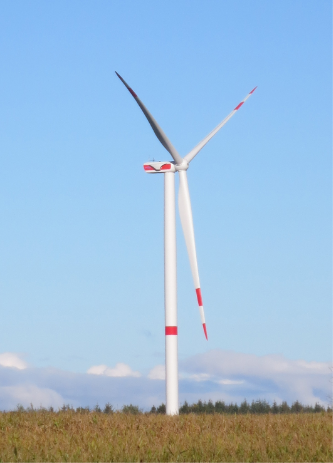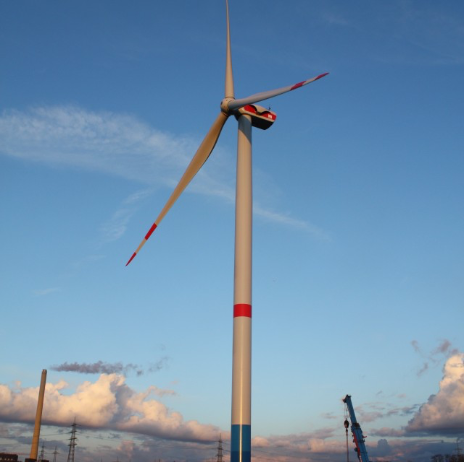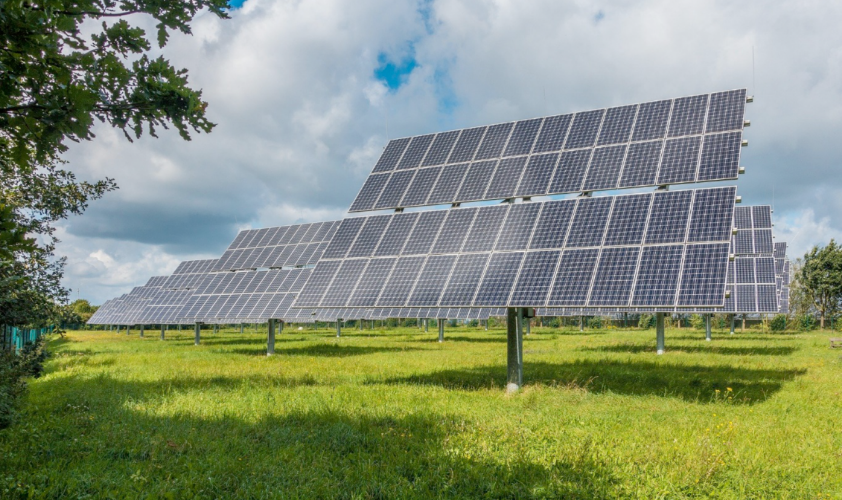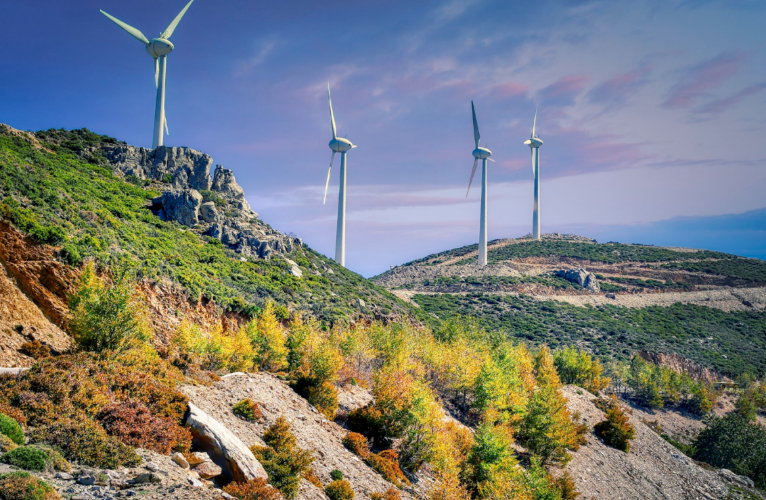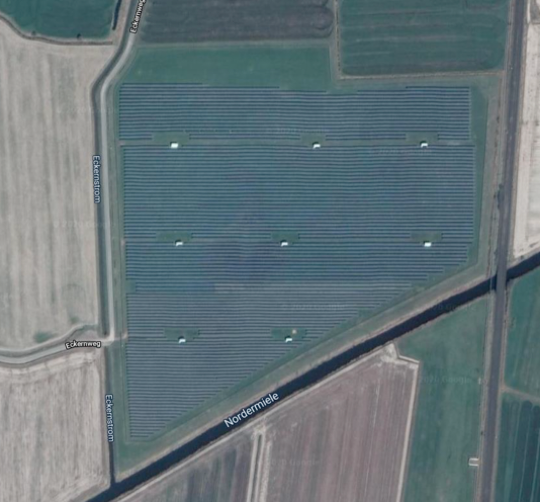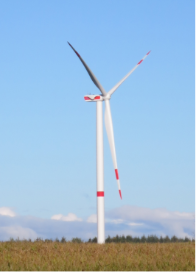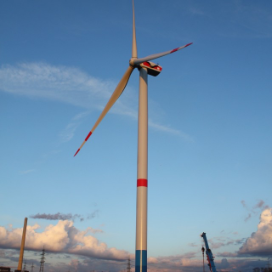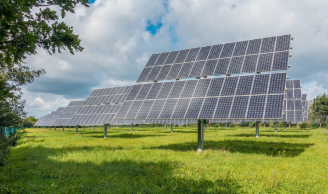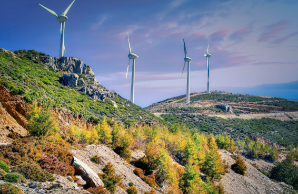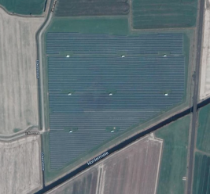Area of activity
Renewable Energy - the Climate-Friendly Energy of the Future
Adapting to changing circumstances and requirements, humanity has already changed its energy sources several
times. From wood to the 18th century, to coal in industrialization, to oil and gas in the 20th century. The
question now is how quickly we can jump into the renewable energy era
and our Forum
wants to answer these questions using the experience and knowledge of the world of science and economy of
such countries as Germany or Israel, because it is because it is certain/fact
changes have already
taken place and there is no turning back from them and how quickly we will do it depends only on ourselves
and whether the awareness of the fact that we are a part of the world - and not its center - is
understandable to us!
As part of a sustainable lifestyle, the use of renewable energy sources is an important factor as the aim is
to conserve resources and reduce greenhouse gas emissions in order to maintain living conditions on Earth in
the long term.
Not only when it comes to protecting the climate and the environment, switching
from fossil energy sources to renewable sources is the right way. With the diminishing reserves of fossil
fuels and the increasingly complex and costly extraction of these resources (the keyword “fracking”), the
logical step is to switch
to renewable energy sources.
Unlike fossil energy sources such as
natural gas, coal and oil, whose resources are limited and lead to high CO2 emissions, renewable energies
rely on the use of resources that are renewable and therefore virtually infinitely available. Unlike using
nuclear energy as an energy source, there is no unpredictable potential hazard and there is no problem with
final storage using renewable energy sources. Renewable energies include solar energy, hydropower, wind
energy, geothermal energy and biomass (from renewable resources), and we cannot ignore energy produced from
hydrogen depending on the areas of its application.
Worldwide, renewable energies currently cover
16.7% of final energy consumption and about 20% of electricity consumption (Source: German Federal Ministry
for the Environment, Nature Conservation and Nuclear Safety (BMU)). The annual “Renewables Global Status
Report” provides information on this. The International Energy Agency (IEA) assumes that by 2030 more than
25% of the world’s primary energy consumption can be covered by renewable energy (source: BMU).
The
still young international organization IRENA (International Renewable Energy Agency) supports the expansion
of renewable energy on an international scale. Germany in Europe is playing a pioneering role in renewable
energy production, especially with regard to the nuclear phase-out, which has not yet been completed in this
form in any other country. Other countries in which renewable energies have an increasing share in energy
production are China, the USA,
The future is renewable!
One
of the challenges of the future will be better synchronization of the development of renewable energies with
the development of power grids. Other important issues include, for example, the further development of
energy storage technologies, intelligent control and synchronization of electricity consumption and the
electricity grids as a whole, overall energy savings and energy efficiency, and further progress in
energy-efficient renovation of buildings.
Nobody has to fear “blackouts” and supply gaps when
there is no wind or cloud that critics repeatedly use as an argument against renewable energy. Decentralized
structures and diverse, complementary forms of electricity generation will be able to secure future energy
supplies, even without conventional energy. Bioenergy and geothermal energy in particular are capable of
basal load (Source: BMU).
According to a 2010 study by the German Aerospace Center (DLR) on
behalf of Greenpeace and the European Energy Council (EREC), it is even possible to fully supply Europe with
renewable energy by 2050 and increase the share of renewable energies in the world to 80% to this time.
The
use of renewable energy sources makes ecological, social and economic sense. Saving energy, insulating
homes, buying green electricity, and using public transport and electromobility are just a few examples of
how everyone can contribute to a sustainable energy supply. The sooner conventional energy sources become
redundant, the better for the climate, the environment and society.


